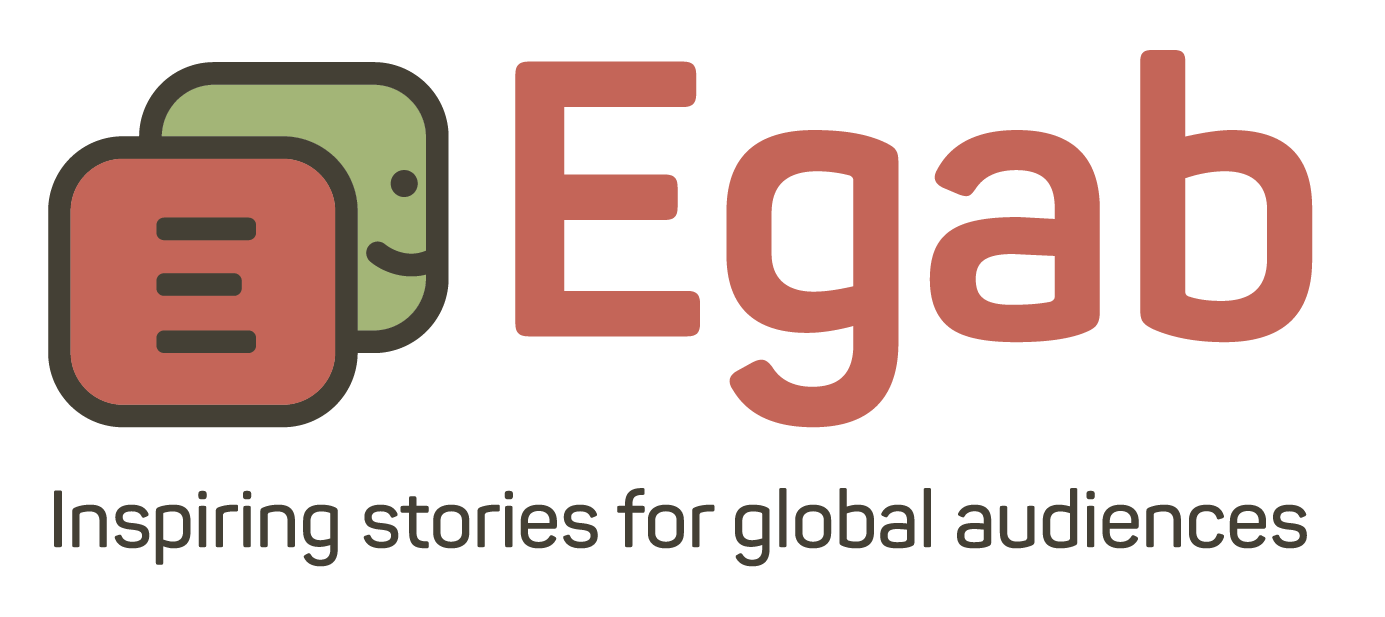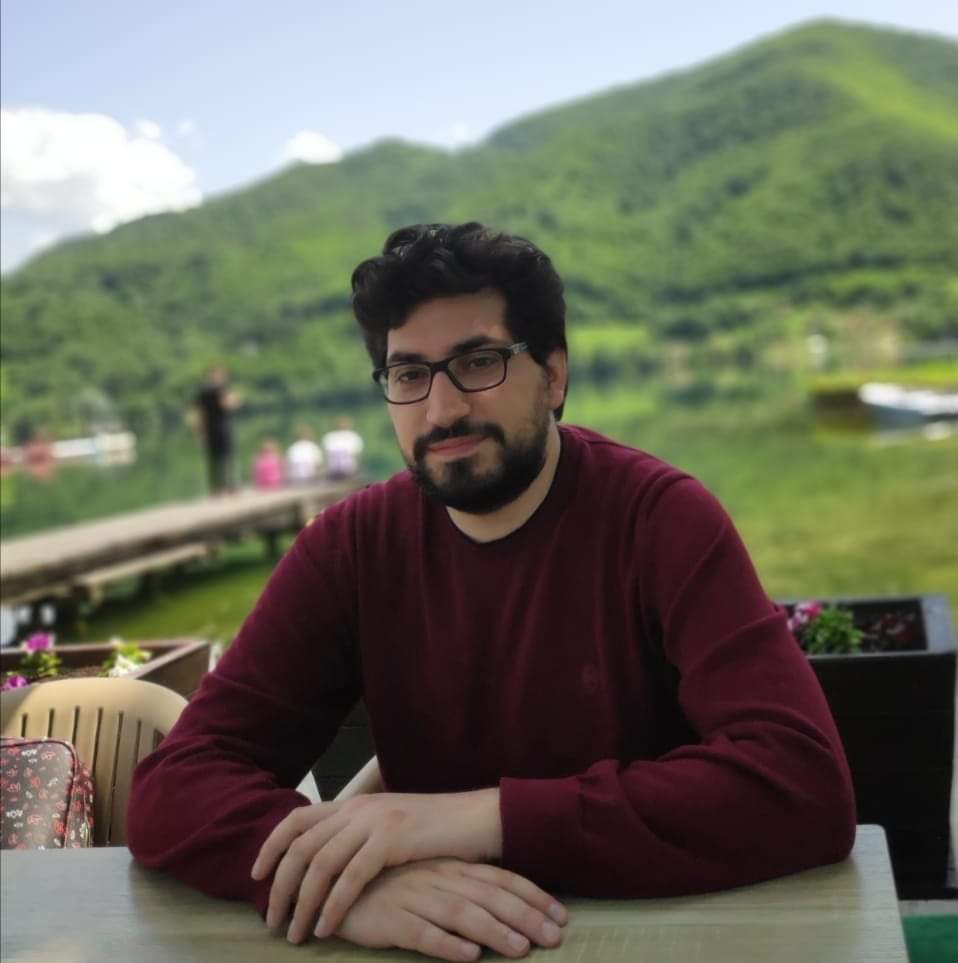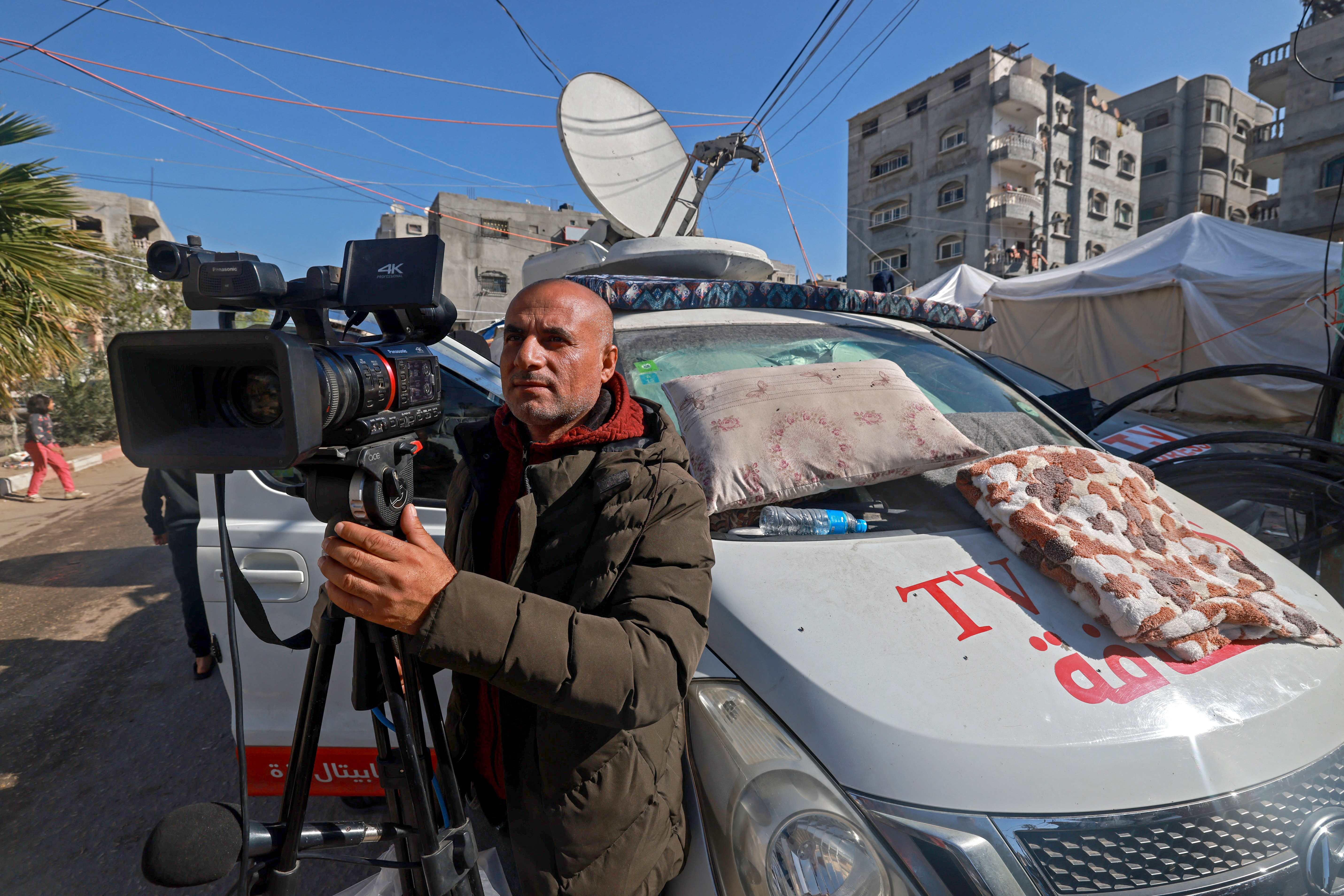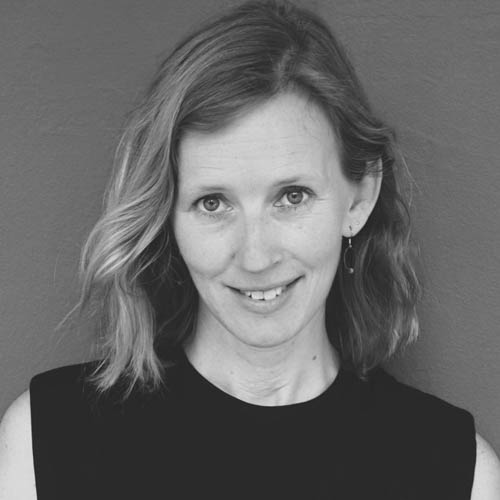في بداية يونيو/حزيران من العام 2021، أنهيت زمالتي مع مبادرة غوغل للأخبار. خلال فترة الزمالة، كان السؤال الأبرز الذي أسمعه من حولي هو: ما هي خططك بعد غوغل؟ كانت الإجابة دائما جاهزة مع ابتسامة كبيرة: "لن أبحث عن وظيفة.. بل سأركز على الفريلانس (العمل الحر)، ما بين الكتابة والتدريب".
بصورة عامة، فالعمل في الفريلانس متعب جدا وينطوي على الكثير من التحديات، والواقع لا يشبه الصور التي تظهر مع نتائج البحث عن "الفريلانس"، حيث يظهر فيها أشخاص يجلسون بمحاذاة نافذة مطلة في مقهى أو مكان عام، أمامهم شاشة حاسوب وإلى جانبهم فنجان قهوة، وترتسم على وجوههم ابتسامة عريضة (يمكنكم القيام بعملية بحث سريعة على غوغل حتى تتأكدوا بالفعل من العدد الهائل من الابتسامات وفناجين القهوة). هذه الصورة الرومانسية تجعل الأمر يبدو سهلا.
لهذا النوع من العمل الحر إيجابياته وسلبياته، أما الأولى فهي أن الصحفي المستقل أو الحر يتحكم في عدد ساعات عمله وتوقيته، ويمكنه اختيار العمل مع من يرغب، وإذا كان ذا اسم وخبرة كبيرين، فيمكنه وضع الشروط التي تناسبه. ومن الأسباب المهمة التي تجعل الصحفي يتجه نحو الفريلانس هو عدم رغبته في الانتماء إلى تيار أو طائفة، أو تبني خطاب سياسي معين، فبعمله الحر لا يكون جزءا من مؤسسة إعلامية تتبع نهجا محددا، أو لا تلتزم بالمعايير الأخلاقية والمهنية.
لكن في المقابل، فإن ساعات العمل الحر مفتوحة وغير محددة، وقد لا تتاح الفرصة للحصول على بعض الوقت للإجازة، كما قد لا يضمن العمل الحر للفرد دخلا شهريا ثابتا يمنحه شعورا بالاستقرار المادي، ما يخلق توترا وضغوطات نفسية كبيرة، خصوصا إذا كانت ثمة مسؤوليات شخصية وعائلية كبيرة ملقاة على عاتقه.
ثمة عدد من التحديات تواجه الصحفي الحر، منها ما يتعلق بمسيرته المهنية وسيرته الذاتية، فقد يجد من الصعوبة إدراج مسمى "صحفي فريلانس" عند كتابة سيرته الذاتية، لأن هيكلية الأخيرة
عموما مبنية على أساس الخبرة في شركة محددة، وخلال فترة زمنية محددة أيضا. كما أن صحفي الفريلانس قد يعمل مع أكثر من جهة في آن واحد، وبالتالي من الصعب عليه إدراج جميع الجهات في خانة واحدة.
ومن التحديات كذلك، النظرة غير الناضجة لفكرة العمل الحر في العالم العربي تحديدا. فالسؤال دائما يكون: أين تعمل؟ وليس: ماذا تعمل؟، وعندما تكون الإجابة على السؤال: "لا أعمل في مكان محدد لأنني صحفي فريلانس"، تتشكل نظرة سلبية ليست صحيحة في معظم الأحيان.
هناك مشكلة كبيرة في تسمية هذا التوجه بالفريلانس، دون أن يكون له مقابل محدد باللغة العربية. وحينما سألت مجموعة من الزملاء والزميلات عن المسمى الأفضل المرادف للكلمة الإنجليزية، كانت الإجابات كالتالي: "العمل الحر" أو "العمل المستقل". أجد نفسي غير مقتنعة بهذه المصطلحات، إذ أشعر أنها لا تفي بالغرض كالكلمة الإنجليزية، كما أن وصف كلمة Free بالحر أو المستقل، ينطوي على معان أخرى في سياق اللغة العربية. لكن يبدو أن المتعارف عليه هو استخدام كلمة "فريلانس" حتى إشعار آخر.
في أوروبا مثلا، تعقد أنشطة وتجمعات صحفية مخصصة فقط لهذا النوع من الصحفيين، تربطهم بجهات مختلفة، وتساعدهم بالتدريب والتمويل وغيرها. واحد من هذه التجمعات هو "تجمع صحافة الفريلانس" في أوروبا، الذي يقدم كل أشكال الدعم للصحفيين الذين لا يعملون لدى جهة محددة. أما في الولايات المتحدة، فهناك منصات مخصصة لصحفيي الفريلانس، تقدم خدماتها للباحثين من خلال دليل إلكتروني ينتشر في كل أنحاء العالم.
عربيا، تقدم منصة "إيجاب" خدماتها للمؤسسات الصحفية الباحثة عن صحفيين مستقلين في المنطقة العربية وأفريقيا، وخصوصا للمهتمين بصحافة الحلول. فكثير من الصحفيين يبرعون في الكتابة وتقديم الأفكار والتصوير وغيرها، لكن تنقصهم المهارات المتعلقة بالتسويق والتواصل والبحث عن المؤسسات التي يرغبون بالتعامل معها. في نهاية المطاف، لا يمكننا كصحفيين مستقلين أن نقوم بكل شيء في الآن ذاته.

تقول إيرين شوارتز، محررة نشرة Study Hall البريدية، والمعنية بالفريلانس في الصحافة، إنه وإلى جانب تقديم النصائح والموارد للصحفيين الطلاب، من المهم ألا يبدأ الصحفي في العمل الحر منذ بداية حياته المهنية، لأن ذلك سيقوده إلى الانشغال بأمور كثيرة إلى جانب الكتابة الصحفية، كالتواصل مع المؤسسات المختلفة ومتابعة عمليات الدفع وما إلى ذلك. لذا من المفضل البدء بوظيفة توفر مدخولا ثابتا، ولكن في نفس الوقت العمل على تأسيس اسم وسمعة في الكتابة الحرة مع مؤسسات أخرى، حتى يتمكن بعد ذلك من الانطلاق بشكل مستقل.
ولبناء السمعة، أصبحت وسائل التواصل الاجتماعي اليوم منبرا مهما أمام الجميع للحديث والكتابة ونشر الأفكار، والتأثير على المجتمع المحيط. وليس بالضرورة أن يكون الصحفي متخصصا في الشأن السياسي فحسب، إذ أثبتت الأحداث التي مر بها العالم سنة 2020 أن هناك تخصصات أخرى باتت ضرورية، وبات من المهم أن يكون لدينا الصحفي المتخصص في الكتابة والحديث عنها.
في العصر الرقمي الجديد، ثمة أيضا أدوات كثيرة تمكن من نشر المحتوى بشكل مستقل، وتتيح الحصول على مقابل مادي. ويبدو ذلك واضحا من خلال إقبال كثير من الصحفيين على إطلاق نشراتهم البريدية الخاصة (Newsletters) أو برامج البودكاست الخاصة بهم. إن وجود مثل هذه الأدوات يلبي أمرين: الأول، ربط الصحفي بجمهوره مباشرة دون الحاجة إلى موقع لمؤسسة صحفية كبرى تتعاقد معه. أما الأمر الثاني، فهو إعطاء المجال أيضا للجمهور في اتخاذ القرار بشأن ما يرغبون بقراءته من محتوى صحفي مدفوع.
في النهاية، فالصحفي الذي اختار أن يكون صحفيا مستقلا، لم يتخذ هذا القرار لأنه فاشل، أو لأنه لم يجد مؤسسة توظفه، وليس لأجل الصورة الرومانسية التي تشكلت حول هذا التوجه، أو لأجل الدخل المرتفع لها، بل لأنه قرر أن يكون مستقلا، وغير مرتبط ببيئة عمل قد يجدها سامة، أو ربما لأنه لا يريد أن يكون محكوما من مدير يملي عليه الكتابة عن أمر لا يؤمن به.
المراجع
Blatchford, Taylor (2020) How to start freelancing, even early in your journalism career
10 essential newsletters every journalist should read
Granger, Jacob (2019) 10 essential newsletters every journalist should read
Winegarner, Beth (2012) 6 tips for getting gigs as a freelance journalist










![Palestinian journalists attempt to connect to the internet using their phones in Rafah on the southern Gaza Strip. [Said Khatib/AFP]](/sites/default/files/ajr/2025/34962UB-highres-1705225575%20Large.jpeg)






























